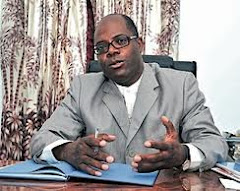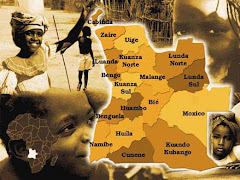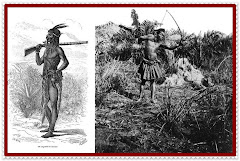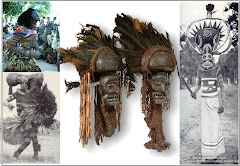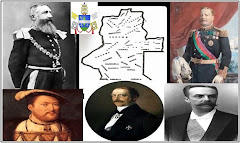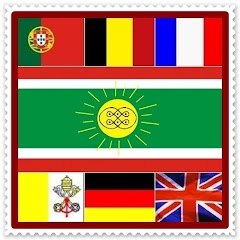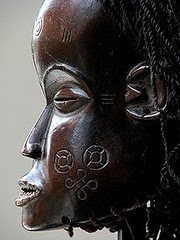Angola: UN Assembly Adopts Angola-Drafted Diamond Resolution
New York — The United Nations
General Assembly Saturday in New York adopted a resolution on the role of
diamonds in fuelling conflicts and their devastating impact on human lives,
drafted by Angola in its capacity as chair of the Kimberly Process for the 2015
period.
The General Assembly also approved
the report on the implementation of the Kimberly Process.
The resolution is based on an earlier one and the final communique
adopted by consensus by all members during the Plenary Session of the Kimberly
Process held in Luanda on November 20, 2015.
The report and the draft resolution were submitted to the General
Assembly by the chairman of the Kimberly Process in 2015, Bernardo Francisco
Campos.
Bernardo Campos was on the occasion accompanied by the CEO of the Angola
Diamond Company (Endiama), António Carlos Sumbula, and high ranking officials
of the firm and diplomats with Angola's Permanent Mission to the United Nations
in New York.
In his address before the adoption of the two papers, Bernardo Campos
said the report and the draft resolution that were co-sponsored by 39 UN member
states, reflect the work, the remarkable progress and dynamics reached by the
Kimberly Process Certification Scheme during the year 2015.
He stated that the resolution
reaffirms the need to interrupt the link between illegal raw diamond trade and
the armed conflicts, as a contribution to the prevention and resolution of
conflicts.
According to him, the Kimberly Process is therefore crucial and deserves
the General Assembly's unrestricted support.
The Kimberly Process shows that when governments, the private sector and
the organisations of the civil society cooperate, they ensure that the
legitimate trade of diamond helps the countries reduce poverty, promote
transparency and economic development, fight trafficking and capital bleaching
and reach sustainable development goals, he said.
The resolution is the result of negotiations coordinated by Angola and
the commitment reached during the informal consultations, and also recognises
that the international scheme of certification proposed can help guarantee the
effective implementation of the UN Security Council pertinent resolutions
containing sanctions on conflict diamonds.
It also increases transparency and precision of statistics, and promotes
inclusion, through the expansion of the level of involvement of governments,
regional organisations, diamond industry, and the civil society in the Kimberly
Process.
Bernardo Campos stressed that the Kimberly Process has over the last few
years scored significant progresses in fulfilling its mandate.
He mentioned as an example the lifting of the UN Security Council's ban
on Côte d'Ivoire and Central Africa Republic, which has enabled these countries
to resume their export of raw diamond from approved zones.
The two above mentioned countries represent an enormous progress and
show the essence of the Kimberly Process that consists in allowing trade of
diamonds explored legally under the auspices of legitimate governments and
avoid the introduction of diamonds mined by rebels into the international
market, he said.
However, according to the official who invited more countries into the
Kimberly Process, several challenges still lie ahead that need the continuous
effort by Governments, diamond industry and the civil society to maintain and
improve the mechanisms of internal control over all members, and strengthen the
system to eliminate the illegal trade of raw diamonds in the world market.
Angola's term as Kimberly Process chair ended on December 31, 2015, and
has since been substituted by United Arab Emirates and Australia as deputy.
http://allafrica.com/stories/201601250078.html









































